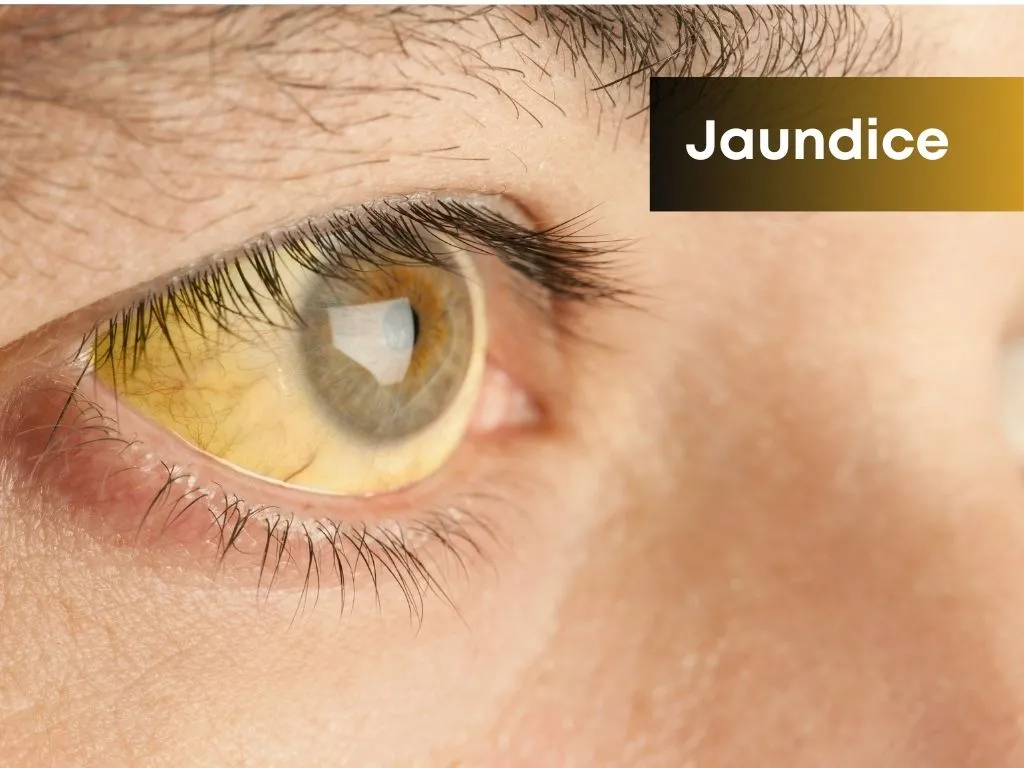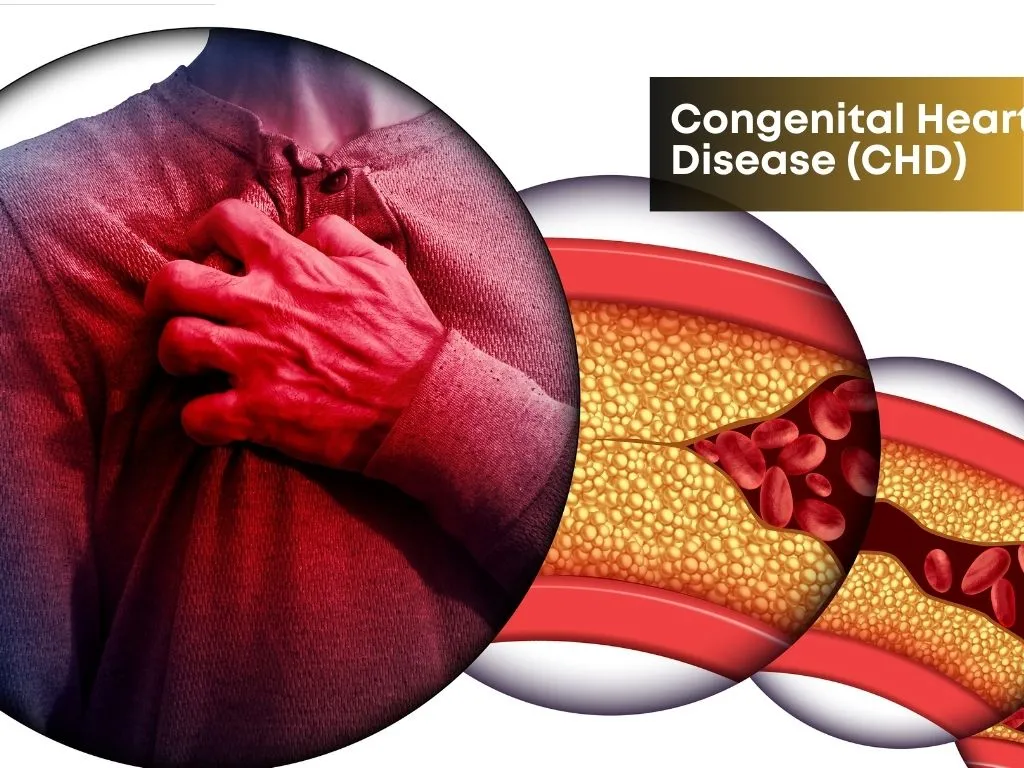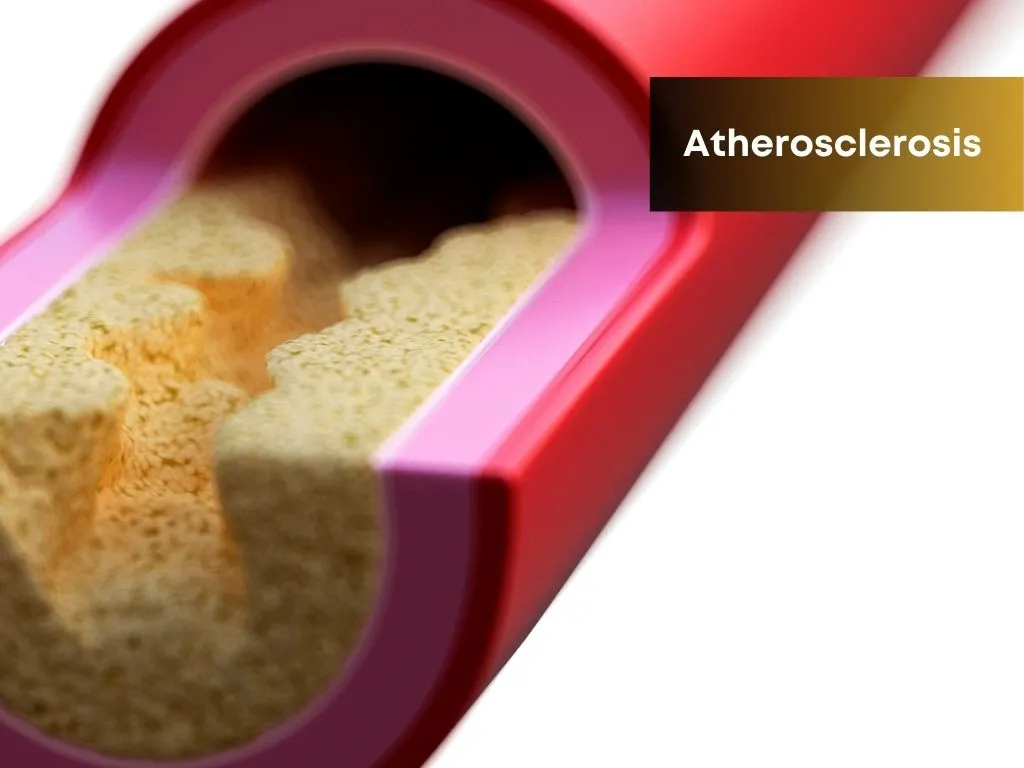Overview
Jaundice is a medical condition characterized by yellowing of the skin, mucous membranes, whites of the eyes. It occurs when there is an excess of bilirubin in the bloodstream. Bilirubin is a yellow pigment produced during the normal breakdown of red blood cells. Normally, the liver processes bilirubin and excretes it in bile, which is then eliminated from the body through urine and stool.
Causes
There are several types of jaundice, each with different underlying causes:
Pre-hepatic jaundiceHepatic jaundicePost-hepatic jaundice (obstructive jaundice)
The process of jaundice development can be understood as follows:
Normal breakdown of red blood cellsProcessing of bilirubin by the liverExcretion of bilirubin
Symptoms
Yellowing of the skin and whites of the eyes (sclera)Yellowing of mucous membranesDark urinePale stoolsFatigue and weaknessAbdominal pain and discomfortNausea and vomitingItching (pruritus)
Treatment: Modern Medicine
PhototherapyMedications
Treatment: Traditional Medicine
Herbal remediesDietary changesFrequent small meals
Caution
Self-diagnosis and treatmentOver-the-counter medicationsComplementary and alternative therapies
Prevention
HydrationAvoid alcohol and toxinsRest and relaxation.
 Nalamaree Team
Nalamaree Team





















.jpg.webp)
